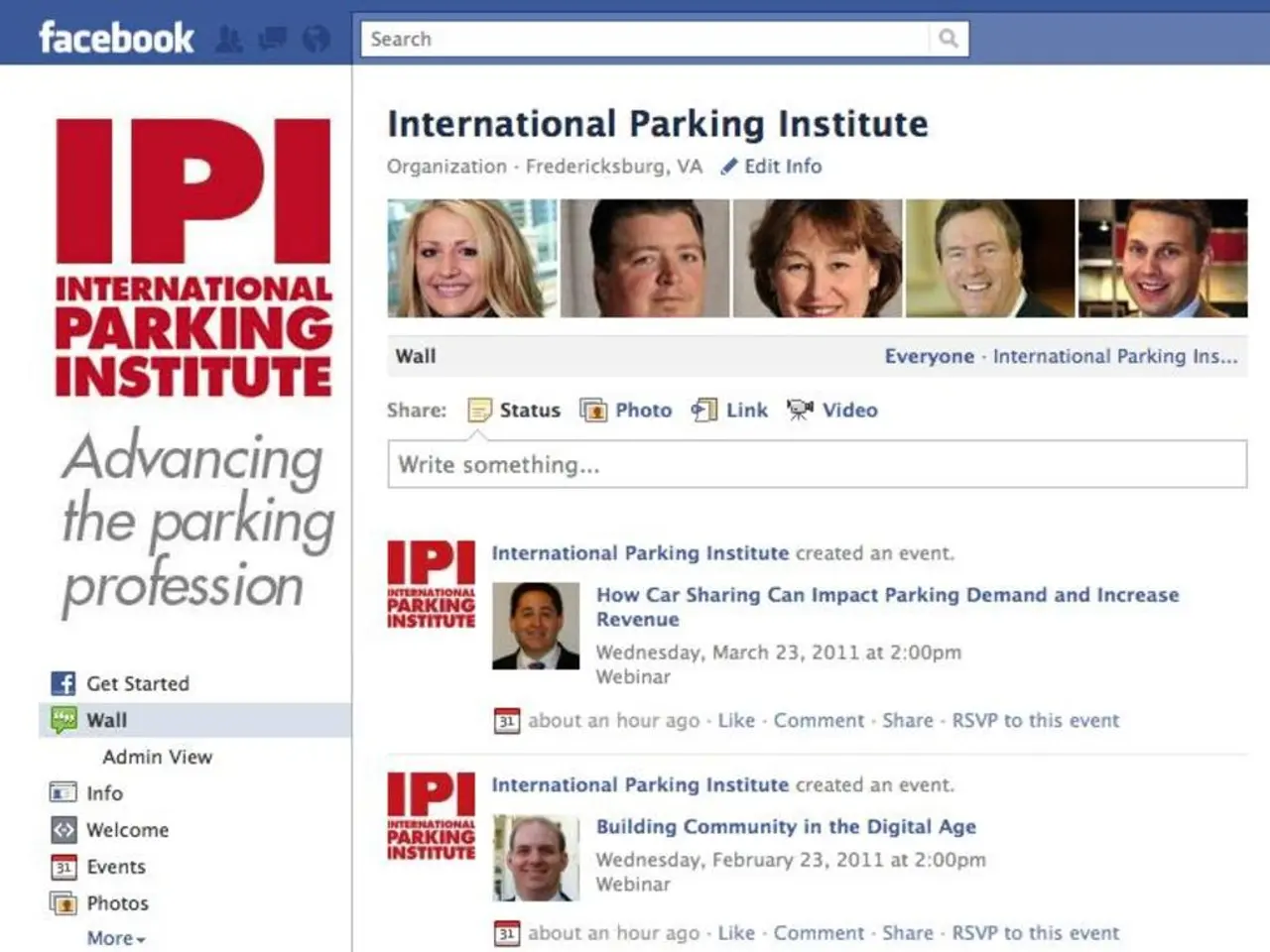Symptoms and Root Causes of High Blood Pressure Unraveled
High blood pressure, also known as hypertension, is a common and serious condition that affects millions worldwide. This silent killer often goes unnoticed, as it frequently lacks obvious symptoms, making early detection and intervention crucial.
Recognising the symptoms of high blood pressure is vital for maintaining good health. Common symptoms include chest pain, also known as angina; shortness of breath, even with minimal physical exertion; an irregular heartbeat, or arrhythmia; and frequent headaches, especially in the morning.
High blood pressure can lead to potential health complications if left untreated. For instance, it can damage the blood vessels in the eyes, leading to vision problems such as blurred vision, double vision, or even vision loss in severe cases.
The causes of high blood pressure are multifaceted, with a combination of lifestyle choices, genetics, age, obesity, and chronic stress playing significant roles.
Lifestyle choices such as an unhealthy diet (especially high sodium intake, excess sugar, low potassium), physical inactivity, excessive alcohol consumption, smoking, and certain medications (e.g., NSAIDs, cold remedies, birth control pills) can raise blood pressure by increasing vascular resistance or fluid retention.
Genetics also play a significant role, with family history significantly increasing the risk due to inherited variations affecting blood pressure regulation.
Age is another contributing factor, as blood vessels naturally stiffen over time, increasing systemic vascular resistance and thus blood pressure.
Obesity raises the risk of high blood pressure due to the extra strain it places on the heart and arteries, as excess body weight raises cardiac output and vascular resistance.
Chronic stress elevates hormones such as cortisol and adrenaline, which increase heart rate and constrict blood vessels, contributing to sustained high blood pressure.
Other causes include underlying health conditions such as kidney disorders, sleep apnea, and endocrine disorders, which disrupt fluid and hormone balance critical to blood pressure control. Some secondary hypertension causes arise from these medical issues rather than lifestyle or genetic factors.
In summary, high blood pressure often results from an interplay of genetic predisposition, age-related vascular changes, and modifiable lifestyle factors like diet, activity, stress, and substance use. Managing these factors can significantly reduce the risk and aid in controlling high blood pressure.
It's essential to remember that while some factors, such as age and genetics, cannot be changed, many aspects contributing to high blood pressure are within our control. Adopting a healthy lifestyle, regular exercise, a balanced diet, and managing stress effectively can help maintain optimal blood pressure levels and promote overall well-being.
- Science has revealed that high blood pressure, or hypertension, is a frequent and severe medical condition that affects millions globally.
- These silent assassins commonly go unnoticed, as they often lack obvious symptoms, making early detection and intervention vital for ensuring good health.
- In the realm of workplace-wellness, understanding the symptoms of high blood pressure is crucial for maintaining a healthier workforce.
- Common symptoms of high blood pressure can include chest pain (angina), shortness of breath even with minimal physical exertion, an irregular heartbeat (arrhythmia), and frequent headaches, especially in the morning.
- If left untreated, high blood pressure can lead to various health complications, such as damage to the blood vessels in the eyes, causing vision problems like blurred vision, double vision, or even vision loss in severe cases.
- The causes of high blood pressure are complex, with a combination of medical-conditions, lifestyle choices, genetics, age, obesity, and chronic stress playing significant roles.
- Lifestyle choices that can elevate blood pressure include consuming an unhealthy diet (high sodium intake, excess sugar, low potassium), being physically inactive, excessive alcohol consumption, smoking, using certain medications (NSAIDs, cold remedies, birth control pills), among others.
- Genetics also play a significant role, with a family history significantly increasing the risk due to inherited variations affecting blood pressure regulation.
- Age is another contributing factor, as blood vessels naturally stiffen over time, increasing systemic vascular resistance and thus blood pressure.
- Obesity raises the risk of high blood pressure because the extra weight places additional strain on the heart and arteries.
- Chronic stress can elevate hormones like cortisol and adrenaline, which in turn increase heart rate and constrict blood vessels, contributing to sustained high blood pressure.
- Other causes include underlying health conditions such as kidney disorders, sleep apnea, and endocrine disorders, which can disrupt fluid and hormone balance critical to blood pressure control.
- Managing risk factors such as stress, diet, exercise, substance use, and underlying medical-conditions can help reduce the risk of high blood pressure and promote overall health and-wellness, including fitness-and-exercise, skin-care, hearing, eye-health, hearing, mental-health, cardiovascular-health, women's-health, men's-health, and even weight-management. Additionally, therapies-and-treatments, nutrition, nutrition, medicare, cbd, and skin-conditions management are all important aspects of maintaining optimal health.




